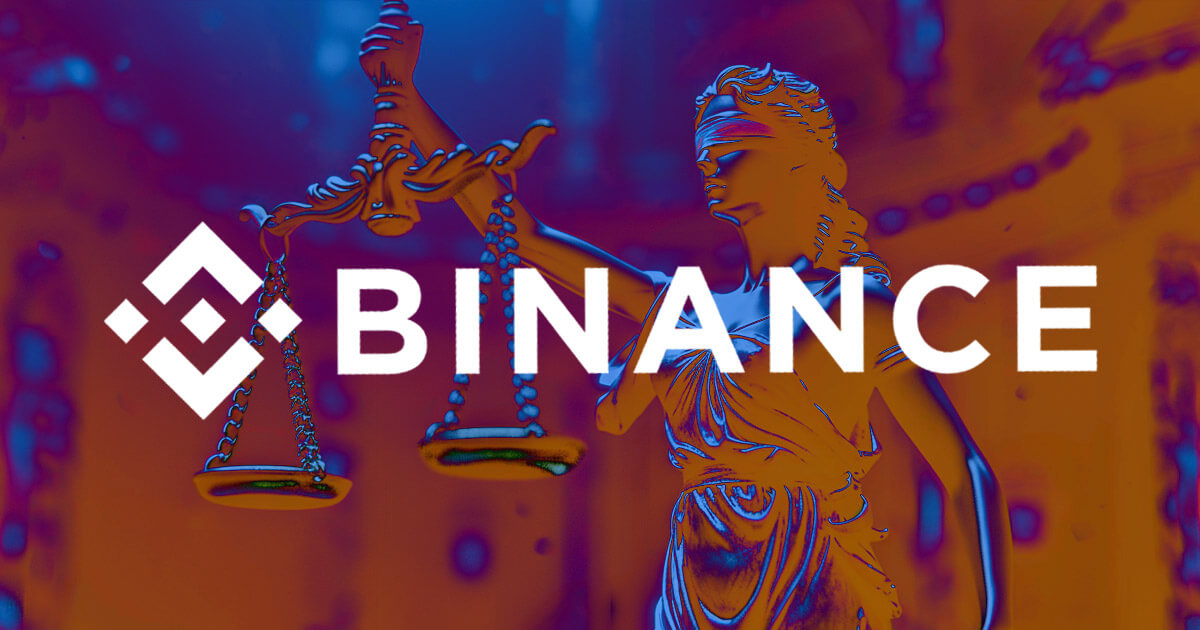
Binance CEO Richard Teng has called for the release of Tigran Gambaryan, the exchange’s detained executive in Nigeria.
In an extensive May 7 blog post, Teng said Gambaryan’s detention was unjust and set a dangerous precedent. He said:
“To invite a company’s mid-level employees for collaborative policy meetings, only to detain them, has set a dangerous new precedent for all companies worldwide.”
Gambaryan is a US citizen who heads the crypto exchange’s financial crime compliance department. He and Nadeem Anjarwalla, Binance’s regional manager for Africa, were apprehended upon their arrival in Nigeria’s capital, Abuja, on Feb. 26. Anjarwalla escaped custody on March 22.
Teng pointed out that Gambaryan “did not go to Nigeria as a ‘decision-maker,’ nor a ‘negotiator.’ He was merely acting as a functional expert in financial crime and capacity building in policy discussions.”
He accused Nigeria of detaining the Binance employee as a part of efforts to exert control over the exchange.
According to Teng:
“The message from the Nigerian government is clear: we must detain an innocent, mid-level employee and a former US federal agent, and place him in a dangerous prison in order to control Binance.”
He concluded that Nigeria should “let Tigran go home to his family, and then Binance will work through the same process that we have done with Nigeria’s law enforcement community voluntarily more than 600 times in the past.”
Binance makes bribe allegations against Nigeria
In his blog post, Teng revealed that the exchange received requests from “unknown persons,” purporting to be representatives of Nigeria’s House Committee on Financial Crimes (HCFC), demanding a “significant payment in crypto to be paid in secret.”
Teng refrained from revealing further details regarding the amount requested.
The New York Times reported that an individual associated with the Nigerian government approached Gambaryan and asked for a bribe amounting to approximately $150 million in crypto.
However, Teng said the exchange declined the “payment demand” because it did not “view it to be a legitimate settlement offer.”
 Bitcoin
Bitcoin  Ethereum
Ethereum  Tether
Tether  XRP
XRP  Solana
Solana  USDC
USDC  TRON
TRON  Lido Staked Ether
Lido Staked Ether  Dogecoin
Dogecoin  Figure Heloc
Figure Heloc  Cardano
Cardano  Bitcoin Cash
Bitcoin Cash  Wrapped stETH
Wrapped stETH  WhiteBIT Coin
WhiteBIT Coin  Wrapped Bitcoin
Wrapped Bitcoin  Wrapped eETH
Wrapped eETH  USDS
USDS  Chainlink
Chainlink  Binance Bridged USDT (BNB Smart Chain)
Binance Bridged USDT (BNB Smart Chain)  Monero
Monero  LEO Token
LEO Token  WETH
WETH  Stellar
Stellar  Coinbase Wrapped BTC
Coinbase Wrapped BTC  Sui
Sui  Ethena USDe
Ethena USDe  Litecoin
Litecoin  Zcash
Zcash  Avalanche
Avalanche  Hyperliquid
Hyperliquid  Shiba Inu
Shiba Inu  Hedera
Hedera  Canton
Canton  USDT0
USDT0  sUSDS
sUSDS  World Liberty Financial
World Liberty Financial  Dai
Dai  Toncoin
Toncoin  Cronos
Cronos  Ethena Staked USDe
Ethena Staked USDe  PayPal USD
PayPal USD  Uniswap
Uniswap  Polkadot
Polkadot  USD1
USD1  Mantle
Mantle  Rain
Rain  MemeCore
MemeCore  Bittensor
Bittensor 


